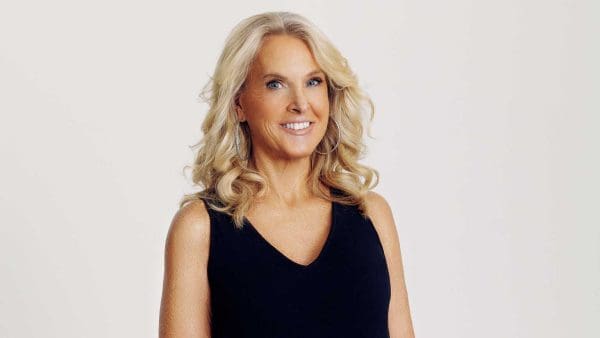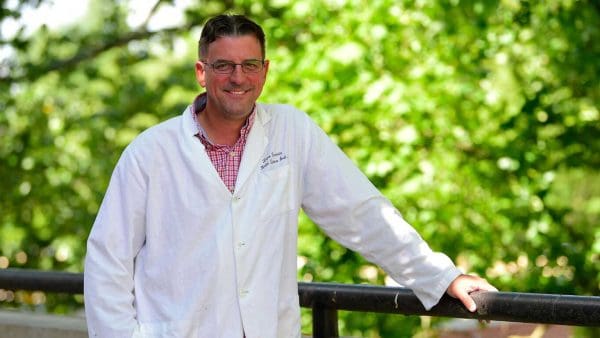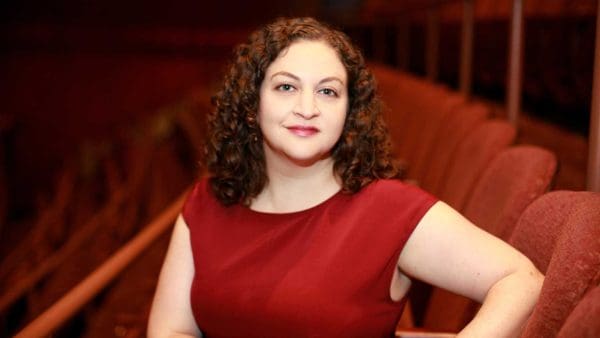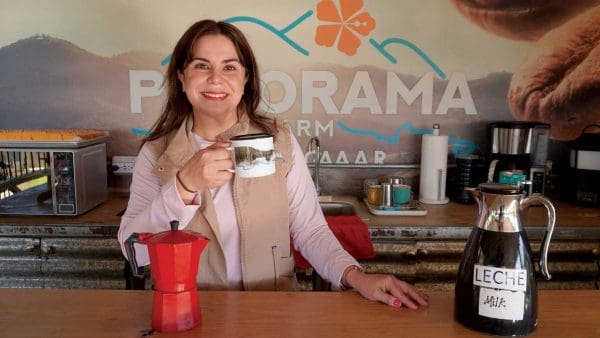Anne Chiruvolu ’10 is a small-animal veterinarian at Redwood Veterinary Hospital in Vallejo, California. On any given day, she sees her neighbors’ cats and dogs, local police dogs, and guide and assistance dogs. “You really feel like you’re benefiting the community in that way,” she says.
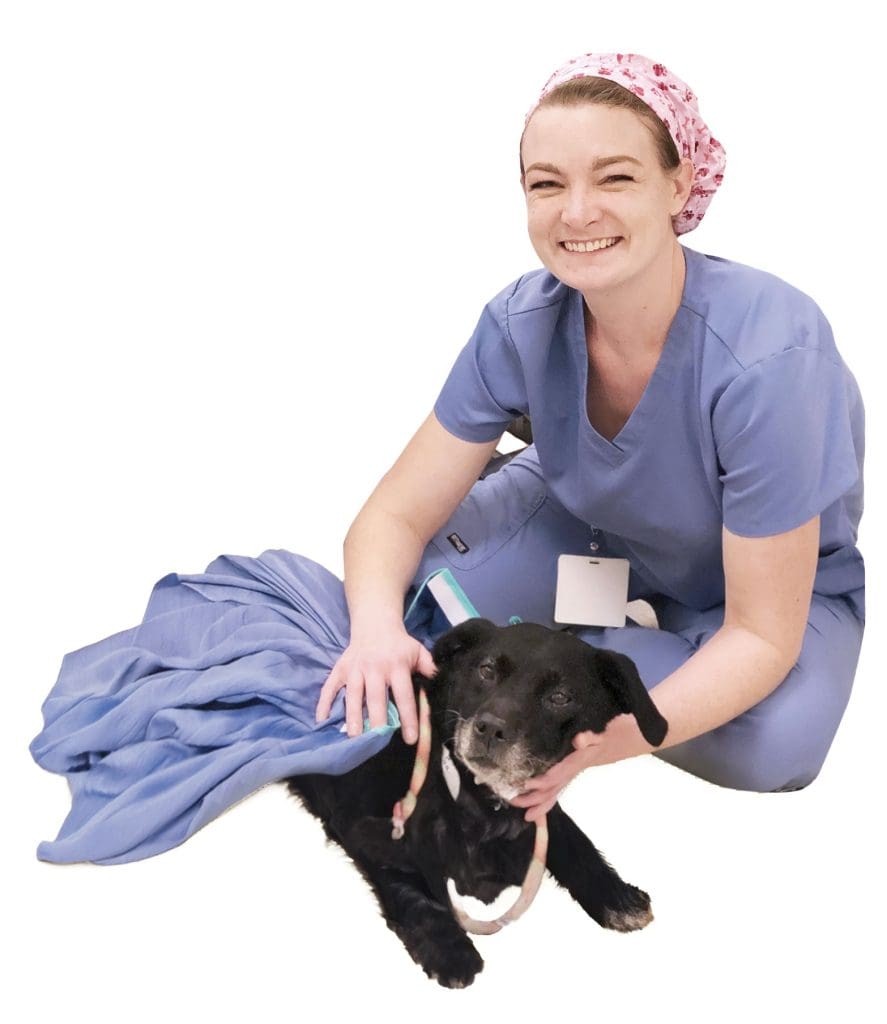
Chiruvolu’s first job was at her hometown SPCA, and she continued to seek out animals while finishing her psychology degree at Johns Hopkins. She volunteered at the Baltimore SPCA, interned with veterinary offices, and spent an intersession in the Galapagos Islands. She also led tours for the admissions office, which inspired her to complete a master’s in educational leadership at University of San Diego. After a few years spent working in admissions, she decided to pursue her long-held dream of becoming a vet. She has a postbaccalaureate from UC Berkeley and a Doctor of Veterinary Medicine from UC Davis.
“No animal walks themselves in and pays for their care. Everybody has a human attached,” she says. “If you do not have the potential for good bedside manner and communication skills, you’re not going to be successful.”
What is the most important thing someone can do to care for a pet?
Go in for annual exams, getting the preventive care measures like vaccinations, dental cleanings, spaying, and neutering. All of that helps build a really healthy foundation for your pet and for your relationship with that doctor in that practice.
Your vet sees your pet every year. They’re ideally doing annual blood work to see where your pet’s organ functions are, and you build a good foundation. Then, when something goes wrong, it’s more immediately apparent both to you and to your doctor because you have that relationship.
The vast majority of the pets I see in a day are overweight and have dental disease. So, working on a good nutrition plan and keeping your pet lean is important. Trying to keep up with dental care, either at home or through your veterinarian, helps a lot. It’s just a good investment because older pets that have been overweight and had dental problems all their life end up with joint disease, mobility problems, and more.
How do you choose a good veterinarian?
One of the good initial questions that people can ask themselves is what kind of care model they’re looking for. Most offices offer a traditional model of care, more like a Western medicine approach. There are some vet offices and practitioners that focus more on things like acupuncture.
I see people saying, “I’m looking for a vet that’s not expensive.” That’s their number-one criterion. Yes, you want to find a vet that’s going to fit within your budget. But you should also be looking at the quality of medicine that’s practiced. This is ideally someone that you want to build a relationship with for the lifetime of your pet.
I also think it’s helpful to look at what their model is for being able to see sick pets in a timely fashion; if they have more limited hours or are not always able to get people in. Where do they refer? Make sure that after hours you know what the plan is: whether it’s your vet on call versus going to a 24-hour facility. And when it comes to emergency care, being honest with your care team about your budget is always important. I will never fault or judge someone for saying “I have $200 today.” I will bend over backwards and be creative to find what we can do that will work with that person’s budget.

